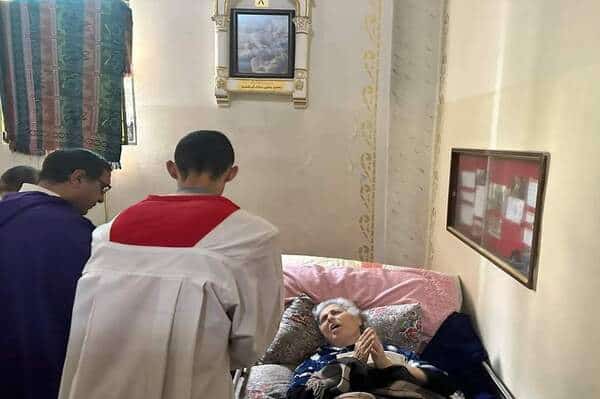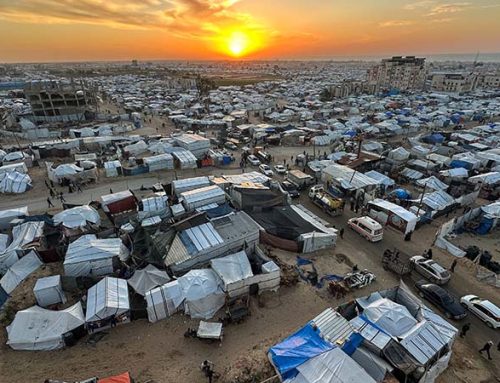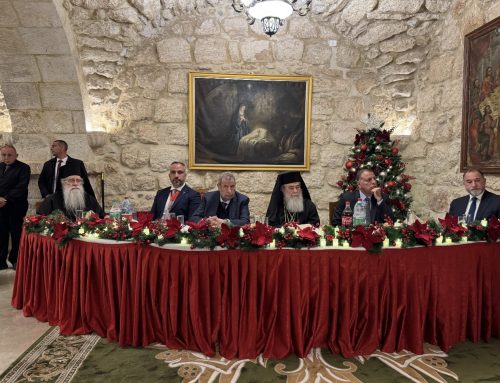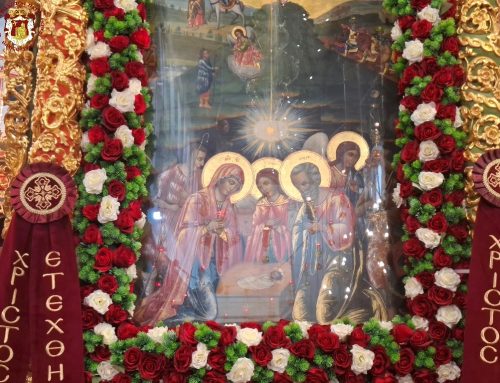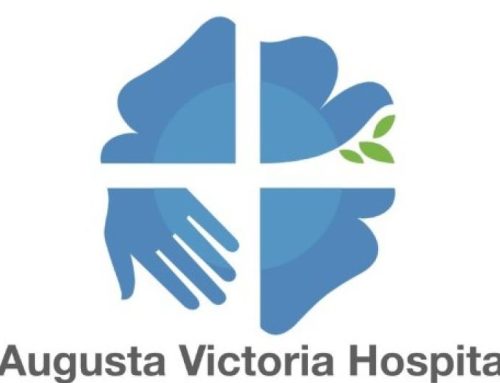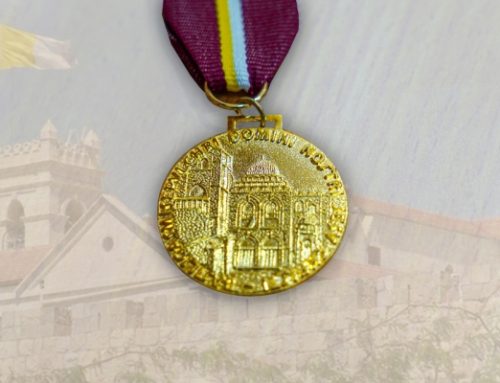The Christian community in Gaza is at its lowest point since the start of the war.
Phone lines are cut, and online connections are continuously interrupted. One can hardly understand what Sister Nabila is saying: “quite,” “well,” “Church,” and then the line goes dead. This is how things have been for weeks. A few written messages arrive from time to time: “We are fine.” But when you press further, you realize that “fine” means “we are alive, but we don’t have enough, and what little we do have is due to God’s grace.”
For the Christian community in Gaza, this is the worst period since the start of the war. Another Aid to the Church in Need (ACN) project partner, whose phone line is stable, but whom the charity prefers to keep anonymous for safety reasons, says, “Our people are constantly suffering. Every time both sides talk about a truce, the intensity of military operations increases.” For the past two weeks, the Al Zeyton neighborhood, where the Holy Family parish is located, has seen intense military clashes and shelling. According to ACN reports, the parish compound is currently hosting 128 families – a total of 512 Christians, including 120 children, 60 people with disabilities, and 84 people over the age of 65.
Food supplies are very limited, and “the problem has nothing to do with the availability of cash,” explains the same source. “ It is simply that food is scarce, and it is difficult to find anywhere. The Christian community takes every possible opportunity to secure clean water and food.”
With the help of ACN and other organizations, the Latin Patriarchate of Jerusalem can provide two weekly meals per person and a loaf of bread every two days. But otherwise, the community has to survive by managing their supplies, or trying to find food elsewhere. “People walk for hours to get a small box of food, which, in the end, is not even enough for three people. In this forced diet, sharing is a part of daily life and the new Christian identity,” the source tells ACN.
Clean water is one of the most serious current challenges. “We have dirty water for toilets and sanitary units, and water is purified using traditional methods.” Another problem is sanitation. “Children are suffering from a virus that causes nausea and diarrhea, and four of the elderly are facing serious illnesses and require immediate hospitalization, which is impossible at the moment.”
But faith encourages the small community, says the project partner. Besides Mass, catechesis sessions, and the recitation of the rosary, the parish organizes activities for children and meetings for trauma healing through prayer. The staff of the Catholic center of Thomas Aquinas, which moved into the parish compound after its building was bombed, is also involved in these activities.
The priest and the nuns, like Sister Nabila, are doing heroic work. “They are all exhausted. No one can really experience what they are going through. With God’s grace, our children are now even closer to the faith than ever before. It is a very special Easter. We are closer than ever to the crucified Savior,” the project partner concludes.
Though it is very difficult to reach Sister Nabila, there is one thing that she always tells ACN to ask of people: “Pray for us, pray for the whole population. Pray that this war might end.”
By Maria Lozano | churchinneed

